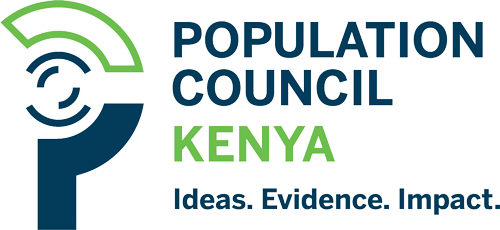Introduction
The pervasive issue of HIV-related stigma, marked by negative attitudes and discriminatory behaviours, has been a significant barrier to achieving optimal health outcomes for key populations (KP). These populations notably include sex workers, men who have sex with men (MSM), people who inject drugs (PWID), transgender individuals, and prisoners. For these groups, stigma magnifies the challenges they face in accessing crucial healthcare.
In the GPC's KP Community of Practice (CoP) webinar, we directly addressed this stigma issue, with a particular focus on its impact on KP programmes. Through a global lens, the webinar underscored transformative experiences and effective strategies for the integration of stigma reduction interventions into these programmes. This initiative aimed to offer a comprehensive understanding of the importance and effectiveness of tackling stigma within KP programs, making significant strides towards a more inclusive healthcare environment.
Objectives
- Provide a comprehensive overview of proven strategies effective in reducing stigma within key population programmes.
- Summarize available guidance and best practices for implementing these interventions.
- Facilitate a platform for countries to share practical experiences in effectively combating stigma against key populations.
- Encourage participants to share their significant insights and takeaways from the session.
Proceedings
The session began with welcoming remarks from Clemens Benedikt from UNAIDS, who emphasized the significance of addressing the stigma experienced by key populations. He also set forth the primary objectives for the session.
Anne Stangl from the Centres for Disease Control and Prevention (CDC) then discussed evidence-based interventions for reducing stigma against key populations, providing a strong foundation for participants. Daughtie Ogutu from the Global Network of People Living with HIV (GNP+) and Erica Spielman from WHO followed with a comprehensive presentation, synthesizing existing guidance on addressing stigma and outlining the latest WHO guidance on evidence-based interventions.
The session moved forward with a country practice exchange where participants were divided into three groups to share practical experiences and successful strategies from their respective countries.
In the Main Room, Fara Zumudio and Angela Villon from Peru led the conversation, facilitated by Clemens Benedikt from UNAIDS. Breakout Room 1 saw speakers Moud Chinembiri and Eliza Gwenzi from Zimbabwe share their insights under the guidance of facilitator Jeffrey O’Malley from United Nations Development Programme (UNDP). Lastly, in Breakout Room 2, Glenroy Murray from Jamaica led the discussion, with Simone Salem from the Global Partnership acting as facilitator. Each segment offered unique perspectives and fostered interactive exchanges on addressing stigma against key populations.
Afterwards, a panel discussion took place featuring experts such as Lurie Climasevschi from MoH, Republic of Moldova, Aria Shahbazpour from MPACT, and Kent Klindera from USAID. They discussed key takeaways from the session, identified common themes and successful approaches across countries, highlighted remaining challenges, and formulated key recommendations for moving forward.
Clemens Benedikt from UNAIDS concluded the session by summarizing the key action points from the discussions, which included specific actions for participants to implement in their countries and plans for further collaborations and knowledge-sharing.
Resources
The presentation and recording from this session can be accessed below.

















